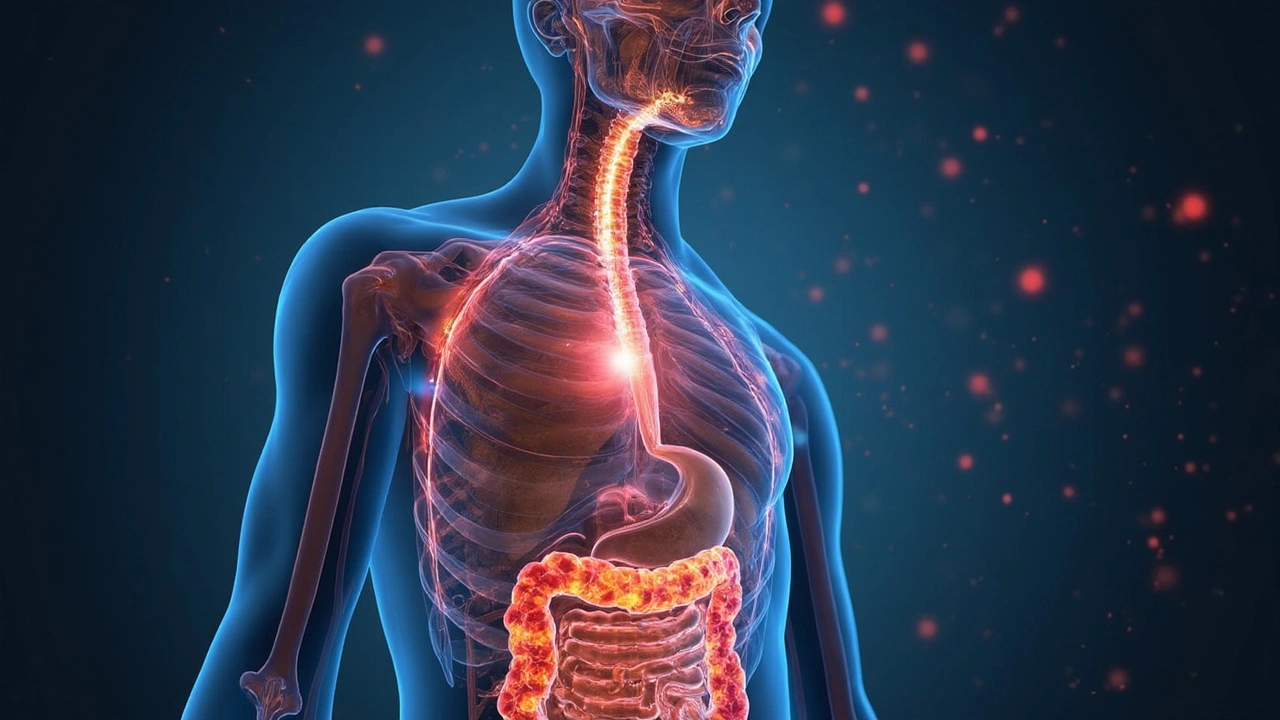Ever wonder why your thyroid could be behind your weird bathroom schedule? This article goes deep on how T3 and T4 hormones shift your gut's speed, mess with your poop schedule, and even shake up your microbiome. You'll get real data, helpful advice, and learn why some folks deal with constipation or the opposite, all thanks to those tiny thyroid hormones. We dig into the changes down to your bacteria level—no stone left unturned. If you want answers about your gut and your thyroid, this read covers the science and the practical tips you crave.
MoreMicrobiome Shifts: What They Are and Why They Matter
Your microbiome is a bustling community of bacteria, fungi, and other tiny organisms living mostly in your gut. These little helpers play a huge role in keeping you healthy—from digesting food to supporting your immune system. But sometimes, this delicate balance changes, causing what’s called a microbiome shift. These shifts can result from diet changes, antibiotics, illness, or stress, and they can impact your digestion, energy, and even mood.
So, why should you care about these microbiome shifts? Because when your gut’s microbial mix gets out of whack, you might notice symptoms like bloating, irregular digestion, or sensitivity to certain foods. Some researchers have also linked long-term microbiome imbalances to conditions like obesity, allergies, and even mental health issues. Understanding what causes these shifts helps you take better control of your health.
Common Causes of Microbiome Shifts
Quick changes in your diet—especially adding or cutting out certain foods—are a big reason your microbiome shifts. For example, eating more fiber feeds good bacteria, but sudden drops in fiber intake can cut their food supply and hurt your gut health.
Another common cause is antibiotics or other medications. While these drugs fight infections, they don’t always discriminate and can wipe out helpful bacteria along with harmful ones. This can leave your gut vulnerable to problems like yeast overgrowth or digestive upset. Stress and illness also mess with your microbiome, shaking up the balance and letting less helpful species take over.
How to Support Your Microbiome During Shifts
To keep your microbiome happy during these shifts, focus on feeding the good bacteria. That means plenty of fruits, veggies, whole grains, and fermented foods like yogurt or kimchi. These foods provide fibers and probiotics that encourage a healthy gut mix.
Cutting back on processed foods, added sugars, and unnecessary antibiotics helps too. If you’ve had to take antibiotics, consider adding probiotics afterward—these supplements can help restore balance faster. Finally, managing stress with simple habits like exercise, sleep, and mindfulness supports your gut-brain connection, which plays a part in microbiome health.
Microbiome shifts don’t have to be frightening. With a clear view of what causes them and practical steps to manage changes, you can keep your gut ecosystem balanced and your health thriving.

